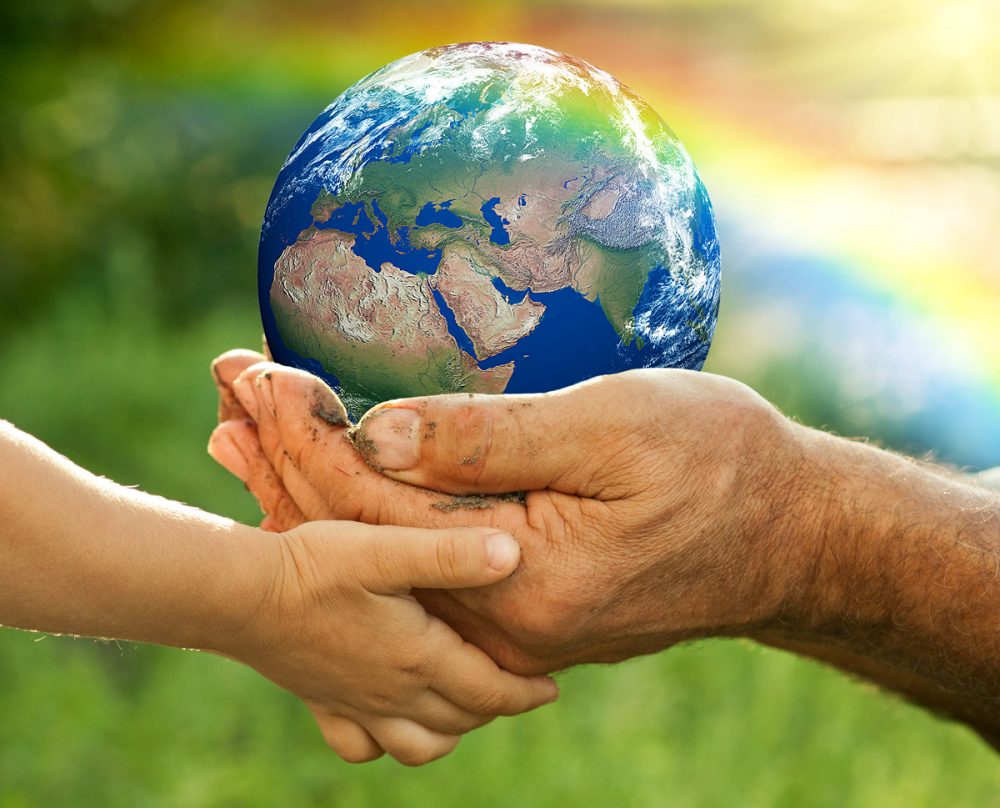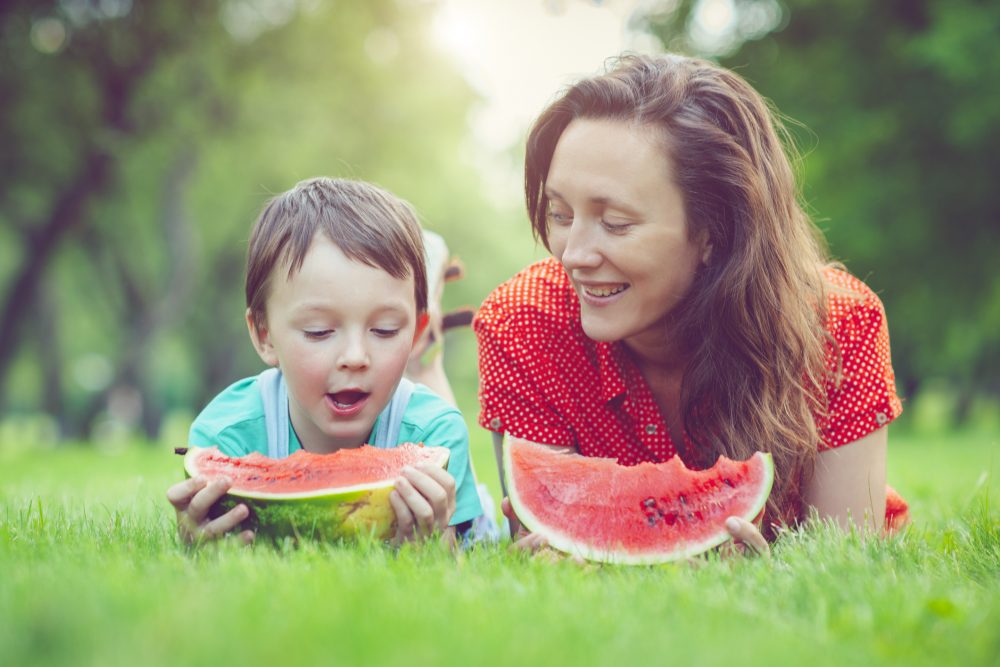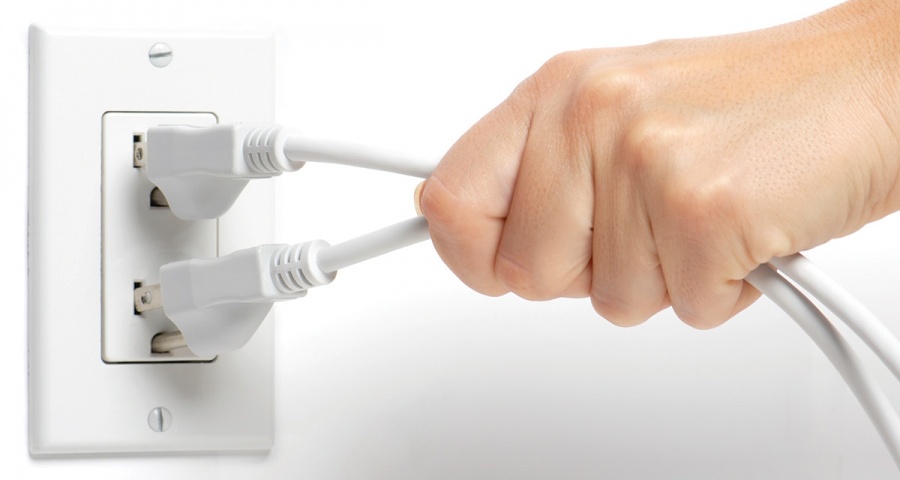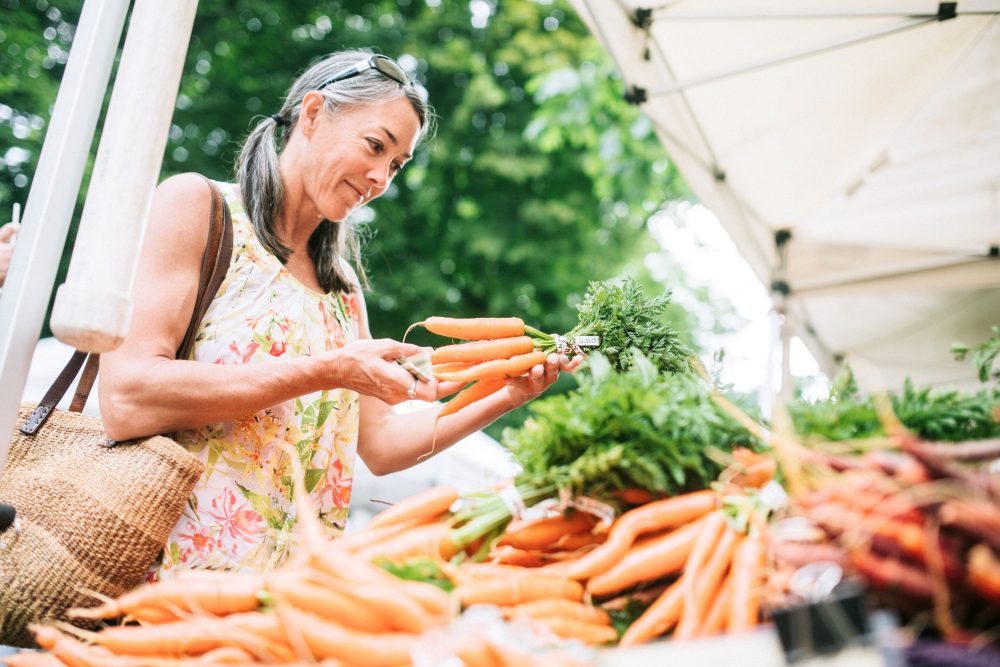
In only a few thousand years of earth’s billion-year history, humans have managed to acidify the oceans, punch holes into the ozone, destroy over 50% of the rainforests and push all other living creatures to the brink of extinction with species going extinct at a 1000 times the normal rate.
The amazing thing is, despite the doom and gloom, there are a million little things that we can all do to make a difference.
Whilst it can sometimes seem hopeless, history shows us over and over again that humanity is capable of amazing change. Not long ago smoking in the workplace was considered a norm, now could you imagine going into a meeting and everyone lighting up a cigarette? If we can drive such a change on a global scale, and in such a short space of time, then there is hope yet.
An incredible film aired in 2016 called Racing Extinction. Directed by Oscar®-winning director Louie Psihoyos (THE COVE), the film pulls into focus our impact on the planet while all the time trying to inspire the viewer to embrace the solutions that will ensure a thriving, biodiverse world for future generation.

It was truthfully one of the most inspirational films I saw all year and it’s really more of a movement than a film. I even had the good fortune of being able to spend an evening with both Louie and rock legend, Brian May at the UK premiere and hear their views on how we can reverse all that we have done.
The film shares an amazing story of a little girl on the seashore, throwing stranded starfish back into the water before they die in the heat of the midday sun. An old man comes over to her laughing and, mocking her, he says “little girl, why are you doing that? There is no way you can possibly save all these starfish in time!” To which she defiantly replies, throwing in another starfish “well, I saved that one, and that one and now this one…”
The film teaches us a simple message:
It’s better to light one candle than curse the darkness
– Shawn Heinrichs, Racing Extinction
So what can be done?
Here is a list of simple little things, which are so easy to do but make a bigger difference than you might think:

- Turn Off/ Unplug Everything When Not In Use– you’d be surprised at how much energy things on ‘standby’ use. You may even save some money on your electricity bill.
- Give Nature A Home– An RSPB initiative that I love – whether you have acres of land or simply a windowbox there is plenty you can do to encourage nature… my current favourite is the idea of making a butterfly banquet on your balcony during the long summer days.
- Eat Less Meat– the agriculture industry is responsible for 14.5% of greenhouse gas emissions, more than the combined exhaust from all transportation. If you can’t bear the idea of going vegetarian, try to do a meat free Monday and avoid Beef, the worst offender, as much as possible.
- Support Sustainable Fishing– 90% of the world’s fisheries are fully fished or overfished and this is having a devastating effect on the ocean life and in turn the oceans. Our oceans play such a vital role that without them the whole ecosystem would be completely out of balance. By only choosing fish that has been sustainably sourced you will help break the cycle – Fish2Fork can help you make more informed choices.

- Choose A More Eco Way To Commute– Can you share a car with someone? Or get the train? Maybe you live close enough to cycle in? Even by taking one car off the road you could be saving over 8000 pounds of C02 every year!
- Offset Your Carbon Footprint With An Eco Charity– As a tree matures, it can consume 48 pounds of carbon dioxide per year. Why not calculate your carbon footprint and try to become carbon neutral by working with a charity that plants trees with your donations. One Tree Planted is just one of these great charities that are working to rebuild our earth’s forests.

- Eat Seasonally And Locally– Because who really needs strawberries in December?
Even if you just choose to do one of these, you will have joined a global movement that cares about the future of our planet… Because do you really want to live in a world where your grandchildren don’t know what an Elephant is?
Disclaimer
The Content is not intended to be a substitute for professional medical advice, diagnosis, or treatment. Always seek the advice of your physician or other qualified health provider with any questions you may have regarding a medical condition.